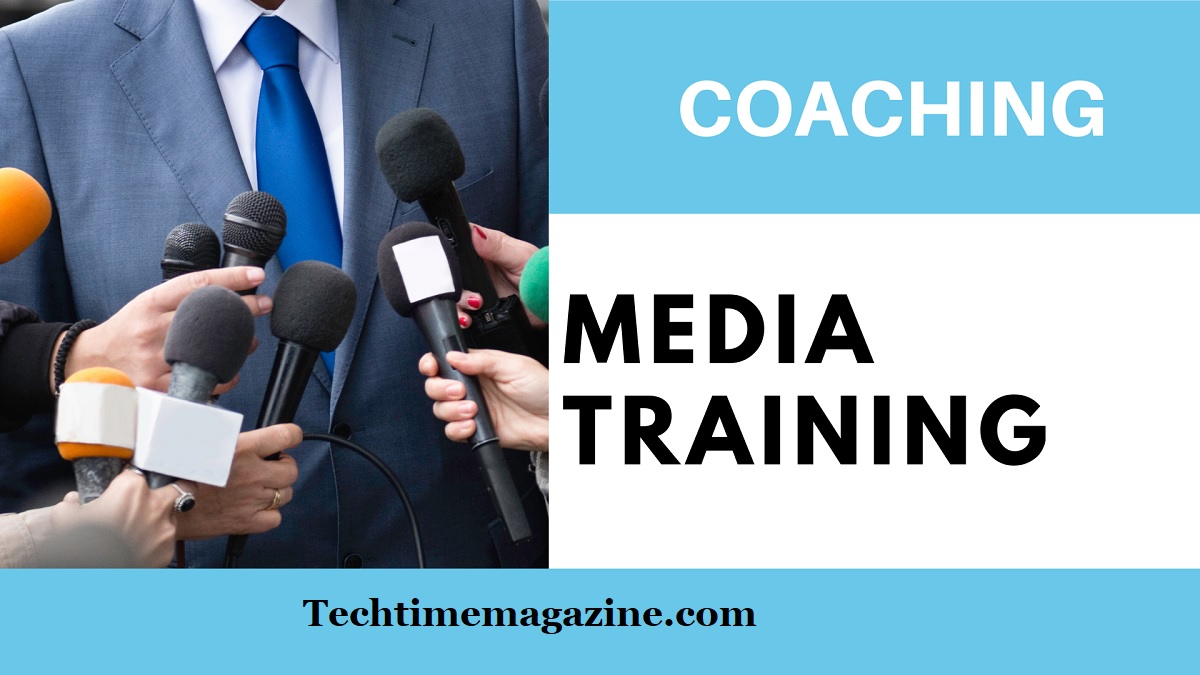Media Training For Executives And Beginners To Become The Better Version Of Yourself In The Future!
In the quick-paced media environment of today, communication that works is essential. Whether you’re an experienced CEO or a burgeoning business owner, knowing how to communicate with the media may greatly improve your reputation and career path. This in-depth manual offers crucial perspectives on media training, stressing its significance, identifying its potential beneficiaries, and offering helpful advice on media coaching for beginners and executives. Together, we will take on a trip to improve your media skills and public speaking abilities.
Media Training: What Is It?
A specific type of communication coaching known as “media training” equips people with the skills necessary to communicate with journalists, do interviews, and convincingly represent oneself in public settings. It includes a variety of strategies, such as creating concise, powerful messages and controlling tone and body language. Your ability to move professionally and composure across the dynamic media landscape is enhanced by media training.
The Vital Significance of Executive & Novice Media Coaching
In a time when public opinion has the power to make or destroy careers, media training is a vital resource. It ensures that your message is received correctly and efficiently by reducing the possibility of being misquoted or misinterpreted.
The Following Are Some Of The Main Justifications For Thinking About Media Coaching For Beginners:
Enhanced Clarity of Message:
Your capacity to communicate ideas succinctly is enhanced by media training, which increases the likelihood that your audience will understand and retain your main points.
Enhanced Self-Belief in Public Presence:
It boosts your self-assurance and gives you the ability to talk in public and conduct interviews and other media encounters with more composure and assurance.
Enhanced Capabilities in Crisis Management:
Your ability to manage crises and communicate clearly and calmly under pressure is enhanced by the training, which is essential for upholding a favorable public image.
The Growth of Genuineness:
Media training improves your public image by teaching you how to express your true emotions and ideas to your audience. This builds rapport and trust.
Knowledge of the Media Environment:
It gives you insightful knowledge about how the media operates, enabling you to communicate with journalists more skillfully and adjust to a variety of media forms, from social media interactions to conventional interviews.
Who Gains from Media Training: Business Leaders to Novices
Media Coaching for Beginners:
Training offers a basis for handling anxiety, developing messages, and comprehending the dynamics of media interactions for those who are new to media exposure. It’s a crucial step in developing a self-assured, media-savvy image.
Media Training for Executives:
They Are Frequently Under Close Inspection. Refining message delivery, managing difficult inquiries, and remaining composed under duress are the key objectives of executive media training. These skills are critical for preserving a strong business image.
Media Coaching For Beginners
Perfect Media Training Events and Formats: Designed for Executives and Novices
Media training is crucial for both novices and executives alike since navigating the media ecosystem demands expertise and planning. The appropriate training may make a big difference when it comes to managing the pressure of a press conference. The scrutiny of a TV interview, or the spontaneity of social media. Here, we look at a variety of situations and settings where media training may be very helpful. Each is designed to improve the skills of both inexperienced and seasoned media professionals.
Press Gatherings:
Media training is a priceless tool for improving your capacity to communicate succinctly and clearly in front of the public at press conferences. It teaches you how to handle unforeseen queries, speak clearly in front of a group of media, and keep your composure. For those new to public speaking to hone their delivery skills and polish their public persona, this is an ideal environment.
TV Chats:
A distinct set of abilities is needed for TV interviews since they frequently entail on-camera interactions. Your preparation for these exchanges comes from media training, which emphasizes nonverbal cues like posture, eye contact, and facial expressions. For CEOs, it’s a chance to show authority and approachability on television, but for novices, it’s a crucial space to develop confidence on camera.
Speaking in Public:
Crafting and delivering powerful speeches is an art form in public speaking, and media training facilitates this process. It helps you with narrative strategies, content organization for audience engagement, and public speaking anxiety management. For novices, it provides an opportunity to hone a captivating speaking style, while for professionals. It offers a means of motivating and steering via impactful language.

